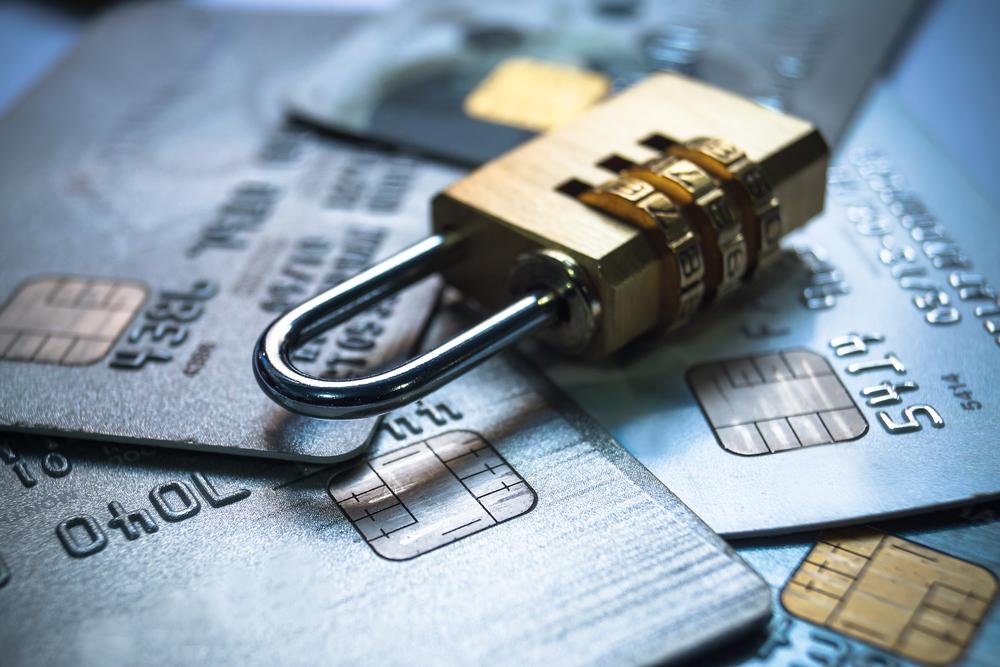Comprehensive Guide to Resolving Credit Card Billing Disputes Under the Fair Credit Billing Act
This detailed guide explores how to effectively dispute credit card charges under the Fair Credit Billing Act, including step-by-step procedures, eligibility criteria, and tips for protecting your financial interests. Learn your rights, the dispute process, and how to handle investigations to recover unfair charges and prevent fraud risks.

Comprehensive Guide to Resolving Credit Card Billing Disputes Under the Fair Credit Billing Act
Since its enactment in 1974, the Fair Credit Billing Act (FCBA) has played a critical role in safeguarding consumers from unfair and deceptive credit card practices. This legislation aims to provide consumers with a clear process to dispute erroneous charges, unauthorized transactions, and other billing errors, ensuring that consumers have a fair pathway to recover their funds and correct mistakes on their credit statements. Over the years, millions of consumers have benefited from the protections offered by the FCBA, making it a cornerstone in the realm of credit card rights and consumer protection.
Understanding how to effectively navigate the dispute process is essential for anyone who experiences discrepancies or unauthorized charges on their credit card statements. This comprehensive guide will walk you through each step involved in submitting a dispute under the FCBA, from understanding the time limits to handling investigations and reinvestigations, as well as tips to protect yourself from fraud and unauthorized usage.
Dispute Time Frame: Consumers must initiate disputes within about 60 days from the date they receive their credit card bill containing the suspected erroneous charge. The law applies to charges that are over $50, giving consumers adequate time to review and contest any discrepancies. The 60-day clock starts the day after you receive your billing statement, making it crucial for consumers to regularly review their statements for any suspicious or incorrect charges.
The first step in disputing a charge is to promptly review your credit card statement for any transactions that seem incorrect or suspicious. Once identified, consumers should understand the eligibility criteria for dispute filing. Valid reasons include unauthorized transactions (fraudulent charges by someone else), errors in the billed amount, incorrect transaction date, calculation mistakes, or unsatisfactory customer service experiences related to the transaction. By knowing these criteria, consumers can better prepare their dispute documentation and arguments.
Additional Resources: For more insights on safeguarding yourself online and protecting your credit card information, consult resources about credit card security. These materials can help you learn best practices to prevent fraud and recognize common scams.
How to File a Complaint:
It's important to submit your dispute complaint in writing, by mail, or through official online channels provided by your credit card issuer. Using a written format ensures clarity and provides a record of your dispute. The Federal Trade Commission (FTC) website offers sample dispute letter templates that you can adapt for your situation to help streamline the process. When preparing your complaint, include key information such as your account number, a detailed description of the disputed charge, the reason for disagreement, and any supporting evidence like receipts or correspondence.
Once your dispute is submitted, the credit card issuer has a legal obligation to acknowledge receipt within 30 days. Following acknowledgment, they have up to two billing cycles (typically around 60 days) to complete their investigation without trying to collect the disputed amount or accruing interest on it during this period. However, they can report late payments to credit bureaus, which could impact your credit score. Important to note, these restrictions are limited to the specific transaction under dispute, and other charges on your statement remain unaffected during this process.
After the investigation, if the issuer finds the disputed charge to be invalid, they are required to correct the error and refund any interest charges or fees that resulted from that transaction. Conversely, if the investigation concludes the charge is legitimate, the issuer must explain their decision, usually via a written statement, and can provide supporting documentation upon your request. This transparency helps consumers understand the reasoning behind the outcome and ensures clarity in the dispute process.
If you are dissatisfied with the initial investigation results, you have the right to request a reinvestigation within ten days of receiving the outcome. During this subsequent process, the issuer may continue efforts to collect the disputed amount and must note your challenge in their records. Reinvestigations serve as an additional layer of protection for consumers, enabling them to seek further review if new evidence emerges or if they believe the initial decision was incorrect.
Additional protections are also in place for cases where your credit or debit card is lost or stolen. You can request immediate cancellation or blocking of the card by contacting your issuer via telephone or online services. Under the law, your liability is capped at $50 for unauthorized transactions made with a stolen card, provided you report the loss promptly. Transactions made by someone authorized on your account are not covered under this liability limit, and you should monitor your account regularly to detect any suspicious activity.
Stay Informed about Credit Card Rights: Keep yourself updated on the latest regulations, protections, and best practices concerning credit card use and disputes. Following us on social media platforms like Facebook and Twitter can provide ongoing news, tips, and alerts about consumer rights and financial security.
This comprehensive guide aims to empower consumers to handle credit card disputes effectively, ensuring their rights are protected under the Fair Credit Billing Act. By understanding the process, deadlines, and protections involved, you can navigate billing disputes confidently and work towards the best resolution possible.



